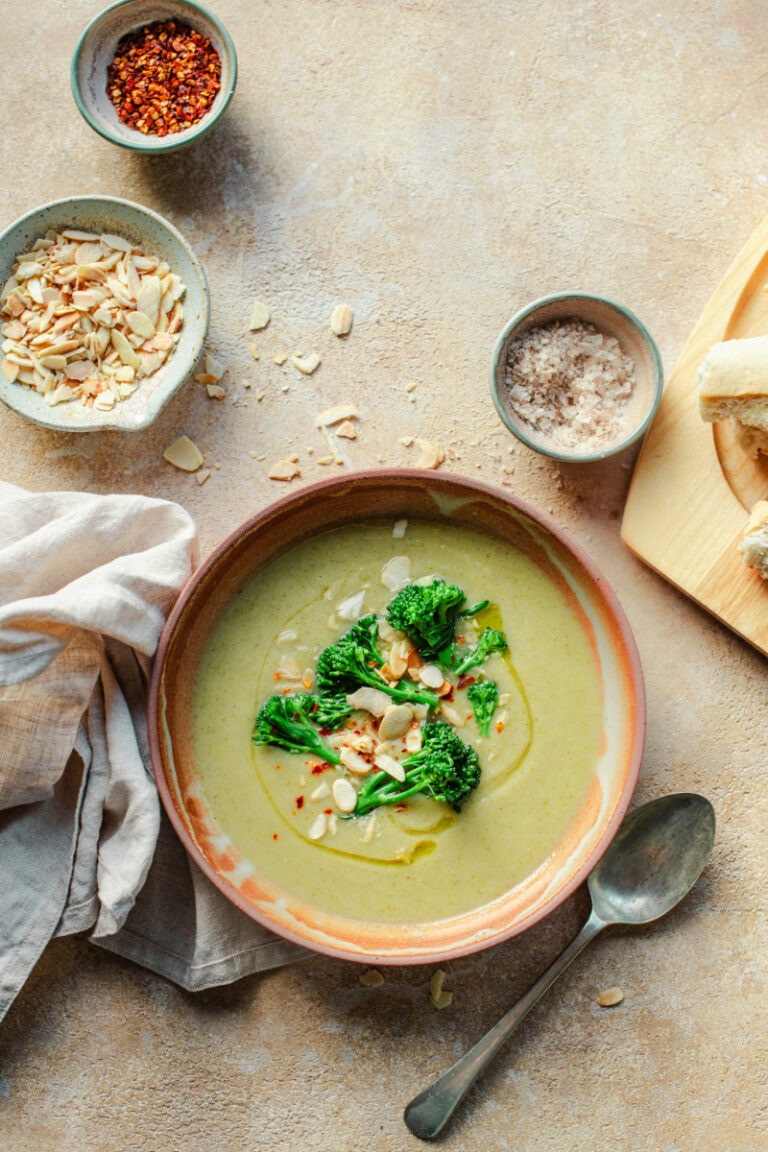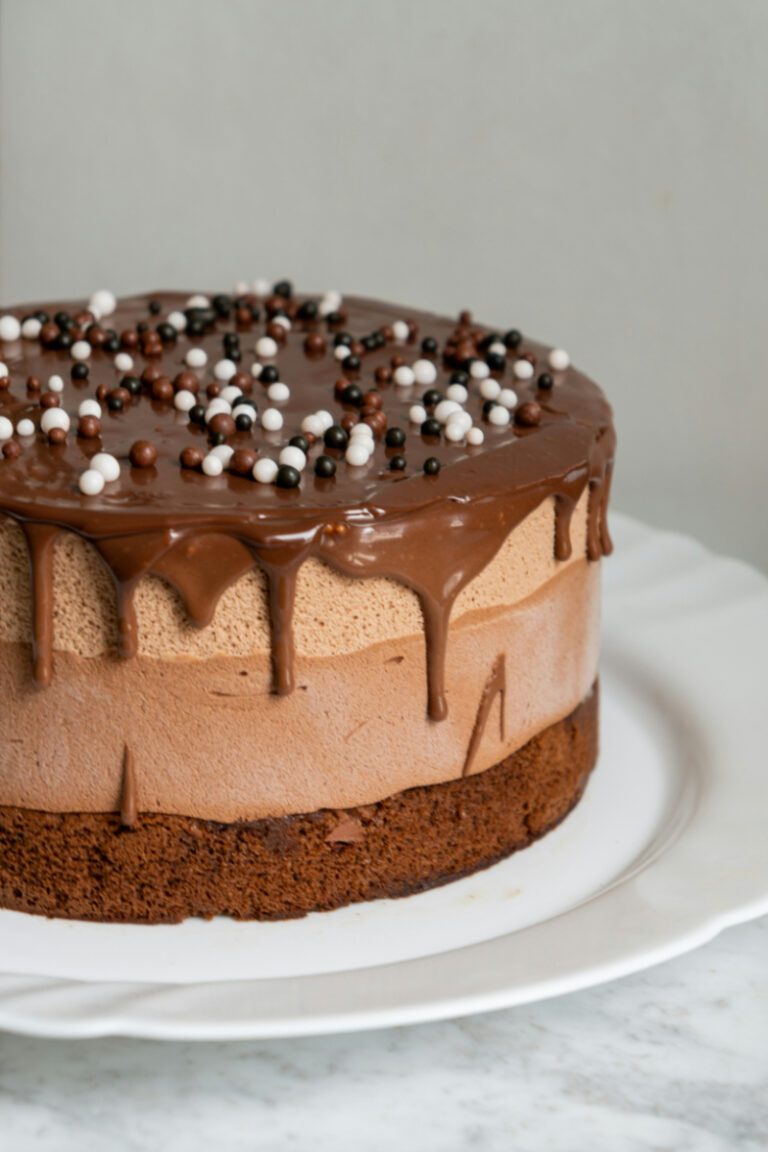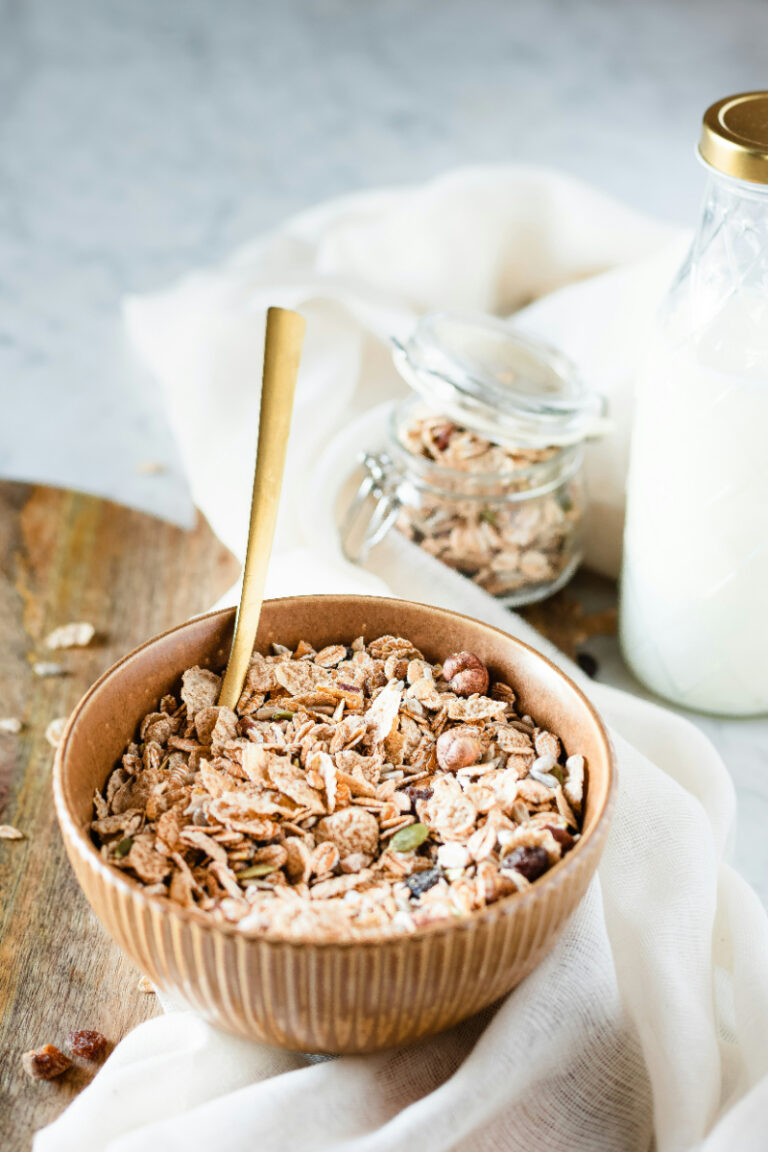How Many Carbs Are in a Cup of Coffee? A Friendly Guide to Understanding Your Daily Intake
Are you a coffee lover who is watching their carb intake? If so, you may be wondering how many carbs are in a cup of coffee. The answer depends on a few factors, including the type of coffee you drink and the ingredients you add to it.
Black coffee itself contains no carbs, which makes it an excellent option for those on a low-carb diet. However, if you add milk, cream, sugar, or other sweeteners to your coffee, the carb count will increase. In this article, we will explore the carb content of different types of coffee and popular coffee additives, so you can make informed choices about your favorite beverage.

Nutritional Profile of Coffee
Coffee is a popular beverage that is consumed by millions of people worldwide. It is made by brewing roasted coffee beans in water. Coffee is a low-calorie beverage that contains several essential nutrients, including vitamins and minerals. In this section, we will discuss the nutritional profile of coffee and its carbohydrate content.
Carbohydrate Content in Plain Coffee
Plain coffee is a low-carbohydrate beverage. A cup of black coffee contains less than 1 gram of carbohydrates. However, the carbohydrate content of coffee can vary depending on the type of coffee and the way it is brewed. For example, a cup of brewed coffee may contain up to 2 grams of carbohydrates, while a cup of instant coffee may contain up to 3 grams of carbohydrates.
Factors Affecting Carbohydrate Levels
The carbohydrate content of coffee can be affected by several factors, including the type of coffee beans used, the brewing method, and the serving size. For example, coffee made from Robusta beans may contain more carbohydrates than coffee made from Arabica beans. Similarly, coffee brewed with a French press may contain more carbohydrates than coffee brewed with a drip coffee maker.
The serving size can also affect the carbohydrate content of coffee. A small cup of coffee may contain less than 1 gram of carbohydrates, while a large cup of coffee may contain up to 5 grams of carbohydrates. Adding milk, cream, sugar, or other sweeteners to coffee can also increase its carbohydrate content.
In conclusion, coffee is a low-carbohydrate beverage that can be enjoyed as part of a healthy diet. The carbohydrate content of coffee can vary depending on several factors, including the type of coffee beans used, the brewing method, and the serving size. If you are watching your carbohydrate intake, it is best to enjoy plain coffee without any added sweeteners.
Impact of Additives on Carb Content
When it comes to coffee, the carb content can vary widely depending on the additives you choose. Here’s a breakdown of how sugar and sweeteners, as well as milk and creamers, can impact the carb content of your cup of coffee.
Sugar and Sweeteners
Adding sugar or sweeteners to your coffee can significantly increase its carb content. One teaspoon of sugar contains 4 grams of carbs, so if you add two teaspoons of sugar to your coffee, you’re looking at an extra 8 grams of carbs. Artificial sweeteners, such as stevia or sucralose, are often used as low-carb alternatives to sugar. While they contain little to no carbs, some people find that they have a bitter aftertaste.
Milk and Creamers
Milk and creamers can also add carbs to your coffee. Whole milk contains 12 grams of carbs per cup, while skim milk contains 9 grams of carbs per cup. Half-and-half contains 1.7 grams of carbs per tablespoon, and heavy cream contains 0.5 grams of carbs per tablespoon. Flavored creamers, such as hazelnut or French vanilla, can contain up to 5 grams of carbs per tablespoon, so be sure to check the nutrition label before adding them to your coffee.
To keep your carb count low, consider using unsweetened almond milk, which contains just 1 gram of carbs per cup, or coconut milk, which contains 2 grams of carbs per cup. You can also try using a sugar-free creamer or adding a splash of heavy cream to your coffee for a creamy texture without the added carbs.
Overall, the carb content of your coffee depends on what additives you choose to include. By being mindful of the carb content of sugar, sweeteners, milk, and creamers, you can enjoy a delicious cup of coffee without derailing your low-carb diet.
Low-Carb Coffee Options
If you’re on a low-carb diet, you might be wondering what your coffee options are. Luckily, there are plenty of low-carb coffee options that you can enjoy without worrying about exceeding your daily carb limit.

Black Coffee
Black coffee is a great low-carb option. A 12-ounce (355-ml) serving of black coffee contains less than 1 gram of carbs [1]. If you’re used to adding sugar or cream to your coffee, it might take some time to get used to the taste of black coffee, but you’ll get used to it eventually.
Espresso
Espresso is another great low-carb option. A 1-ounce (30-ml) shot of espresso provides around 0.5 grams of carbs [1]. Espresso is a concentrated form of coffee, so it has a stronger taste than regular coffee. If you’re not used to drinking espresso, you might find it too strong at first.
Low-Carb Sweeteners
If you can’t drink your coffee without sweeteners, there are plenty of low-carb sweeteners that you can use. Some popular low-carb sweeteners include stevia, erythritol, and monk fruit. These sweeteners are all-natural and have zero calories and carbs. You can add them to your coffee to satisfy your sweet tooth without worrying about exceeding your daily carb limit.
Low-Carb Milk Alternatives
If you like your coffee with milk, there are plenty of low-carb milk alternatives that you can use. Some popular options include almond milk, coconut milk, and soy milk. These milk alternatives are low in carbs and can add a creamy texture to your coffee without adding too many carbs.
Overall, there are plenty of low-carb coffee options that you can enjoy without worrying about exceeding your daily carb limit. Whether you prefer black coffee, espresso, or coffee with sweeteners or milk alternatives, there’s a low-carb option that’s right for you.
[1] Healthline. (n.d.). Does Coffee Have Carbs? Retrieved January 23, 2024, from https://www.healthline.com/nutrition/carbs-in-coffee






